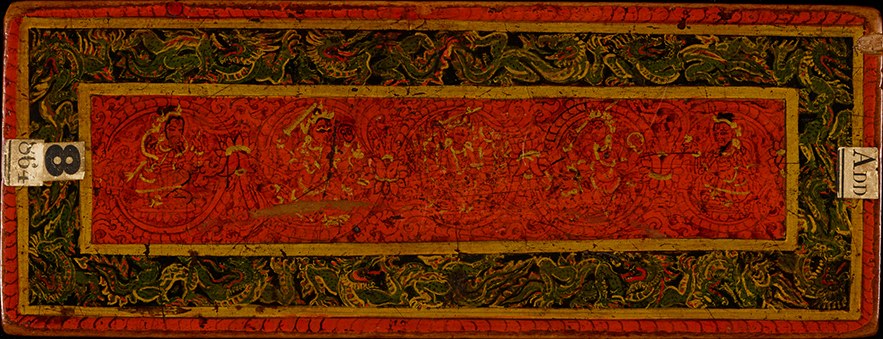
Throughout the history of South Asia, enormous prestige has been attached to the mastery of Sanskrit, the language that, from the late 1st millennium BCE, asserted itself as the main linguistic medium of intellectual, religious and aesthetic production. Much of the prestige and success of Sanskrit were linked to its precocious “grammatisation”, a process that begun in the Vedic period and eventually culminated in the composition of the Aṣṭādhyāyī of Pāṇini (ca. 4th century BCE).
In the centuries around the beginning of the Common Era, the language described by Pāṇini gradually came to be recognised as the ideal standard of correct language and remained unchallenged for the rest of the history of Sanskritic learning, well into modern times. The Pāṇinian system spawned a rich speculative and commentarial tradition, exerting considerable influence on the intellectual history of pre-modern South Asia.
In recent years Dr Vergiani's has mainly centred on the work of Bhartṛhari, the 5th-century philosopher and grammarian who composed the Vākyapadīya, and especially his views on language and knowledge, and the influence his ideas had on the philosophical debate in the late first millennium CE, in particular on schools such as Mīmāṃsā, the Buddhist Pramāṇa, and the Pratyabhijñā. He has also been studying the figure of Helārāja, the 10th-century commentator of the third book of the Vākyapadīya, and his relation with the contemporary Kashmiri Shaivas.
He is also interested in the history of grammatical traditions in medieval India, the diffusion of the major schools (Pāṇinīya, Cāndra, Kātantra, etc.), and the birth of grammars of regional languages, particularly in the Dravidian south, in the context of broader social and cultural developments.
